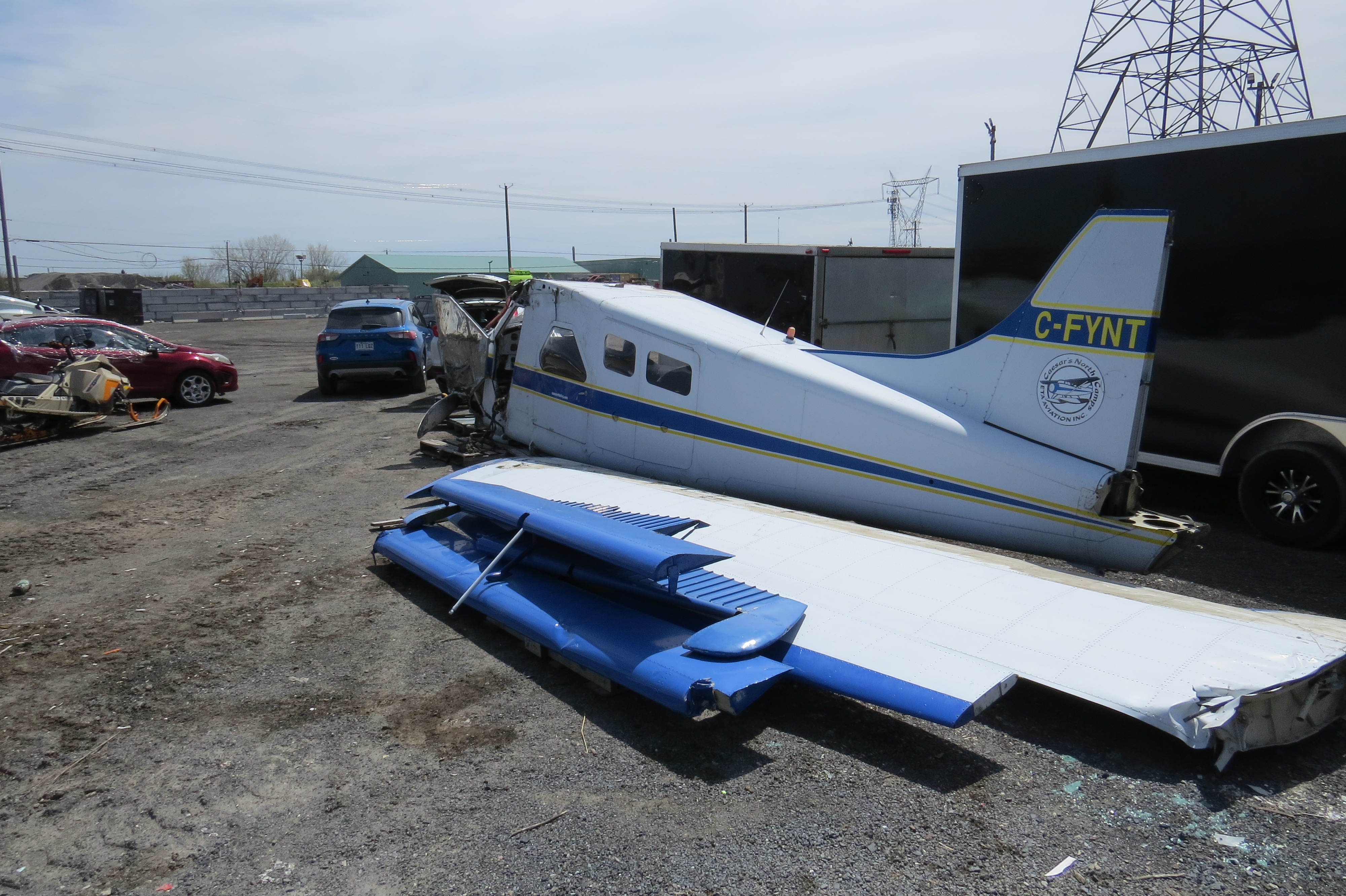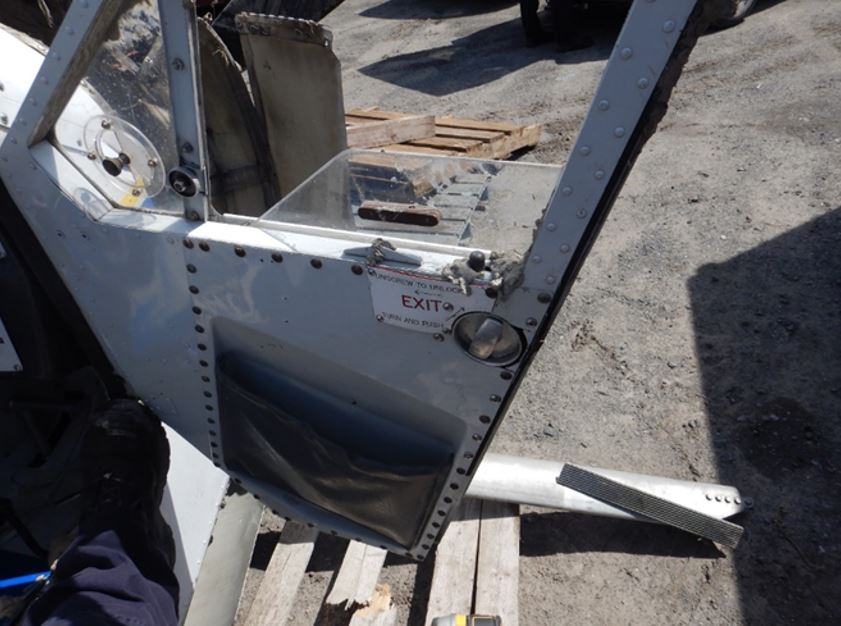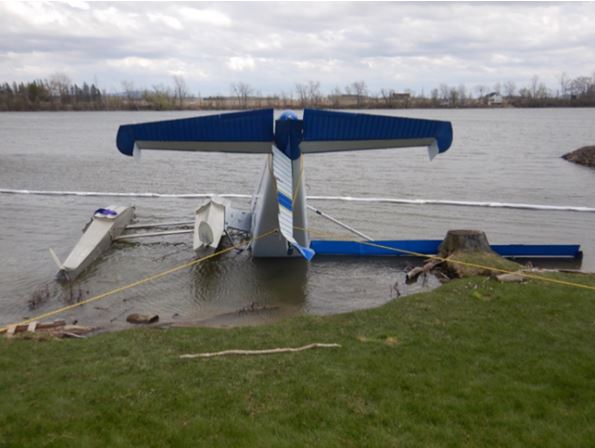Loss of control and overturn on takeoff
ETA Aviation & César Camp du Nord Inc.
De Havilland Aircraft of Canada Limited DHC-2 Mk. I (Beaver), C-FYNT
St-Mathias Water Aerodrome (CSV9), Quebec
The occurrence
On 02 May 2025, a float-equipped De Havilland DHC-2 Mk. I (Beaver) aircraft, operated by ETA Aviation & César Camp du Nord Inc., was conducting a local flight from the Saint-Mathias Water Aerodrome, Quebec, on the Richelieu River, with two people on board. During the take-off run, there was a loss of control in roll. The right wing struck the surface of the water and became detached from the aircraft, which overturned underwater. One of the two occupants died, and the other sustained minor injuries. The emergency locator transmitter (ELT) did not activate.
Media materials
Download high-resolution photos from the TSB Flickr page.
Class of investigation
This is a class 4 investigation. These investigations are limited in scope, and while the final reports may contain limited analysis, they do not contain findings or recommendations. Class 4 investigations are generally completed within 220 days. For more information, see the Policy on Occurrence Classification.
TSB investigation process
There are 3 phases to a TSB investigation
- Field phase: a team of investigators examines the occurrence site and wreckage, interviews witnesses and collects pertinent information.
- Examination and analysis phase: the TSB reviews pertinent records, tests components of the wreckage in the lab, determines the sequence of events and identifies safety deficiencies. When safety deficiencies are suspected or confirmed, the TSB advises the appropriate authority without waiting until publication of the final report.
- Report phase: a confidential draft report is approved by the Board and sent to persons and corporations who are directly concerned by the report. They then have the opportunity to dispute or correct information they believe to be incorrect. The Board considers all representations before approving the final report, which is subsequently released to the public.
For more information, see our Investigation process page.
The TSB is an independent agency that investigates air, marine, pipeline, and rail transportation occurrences. Its sole aim is the advancement of transportation safety. It is not the function of the Board to assign fault or determine civil or criminal liability.


